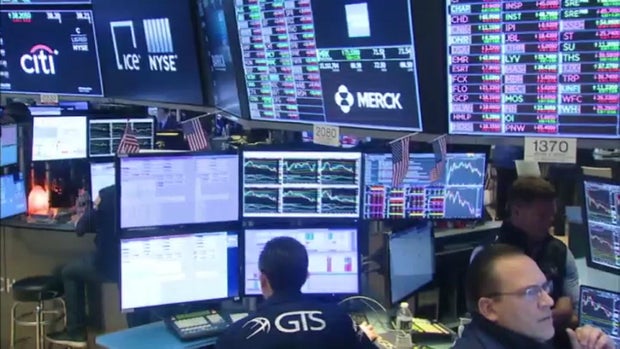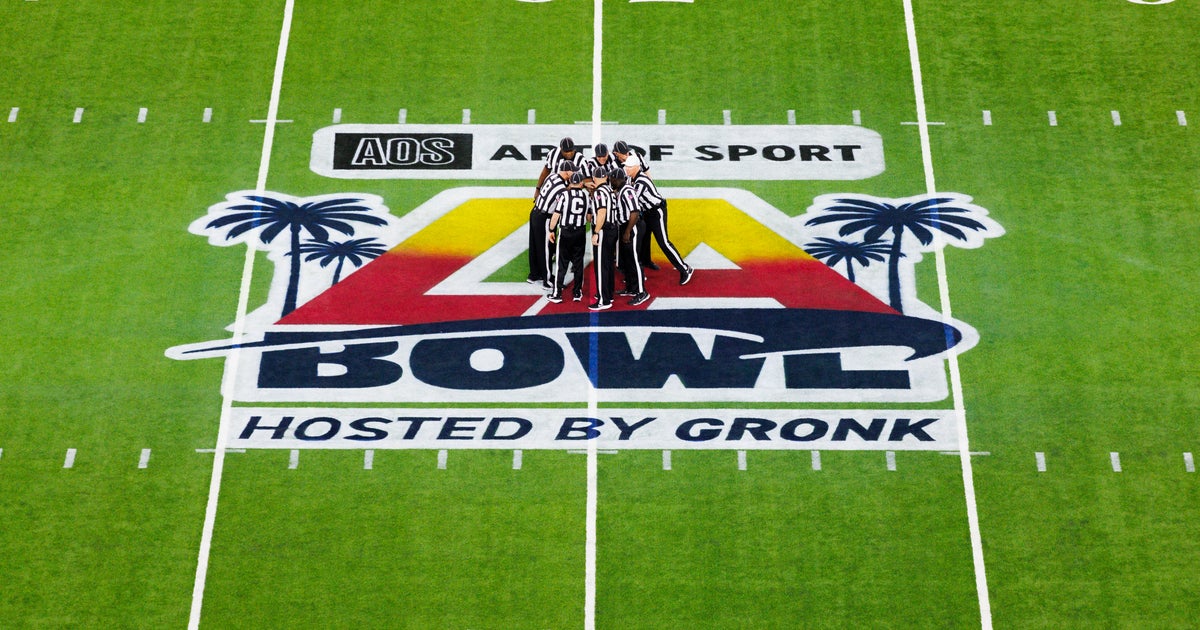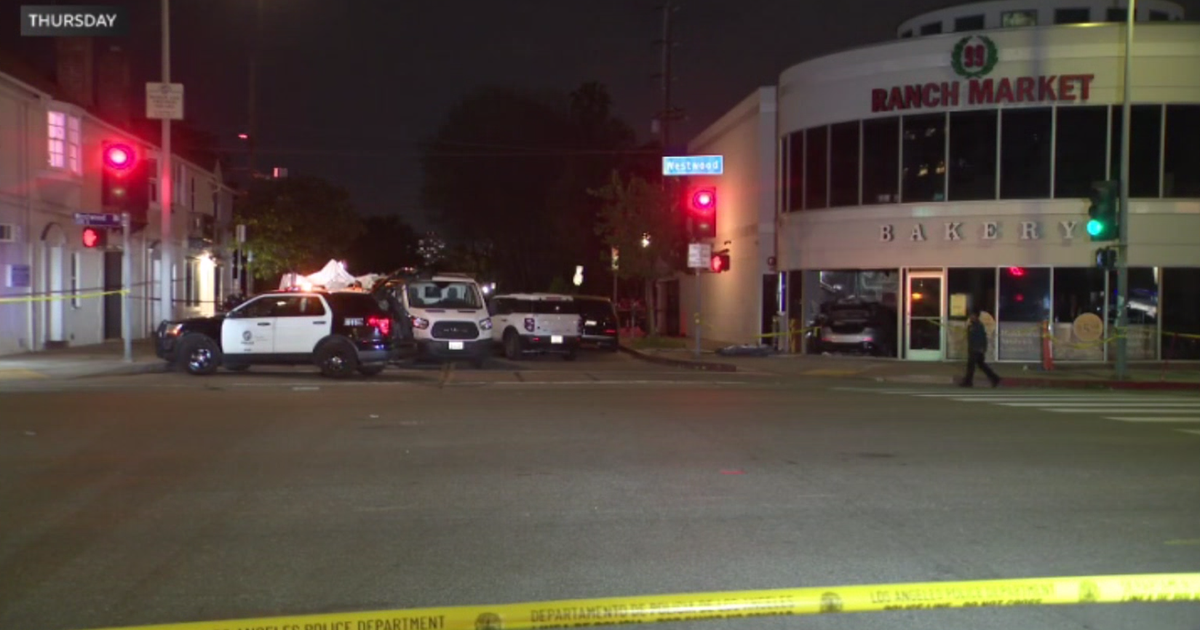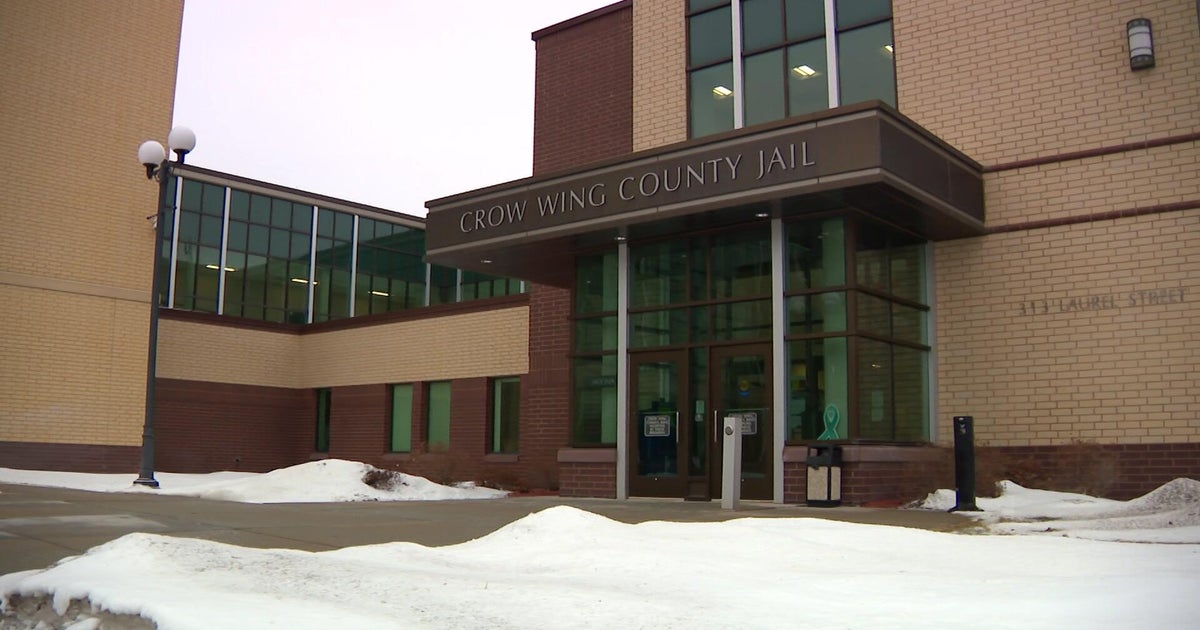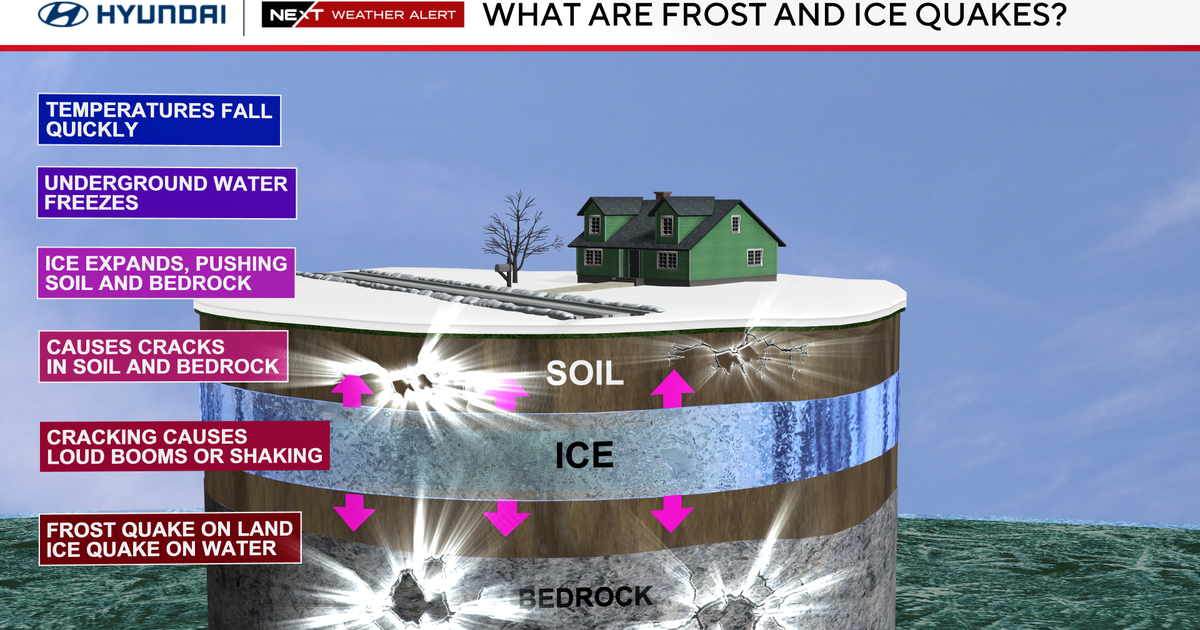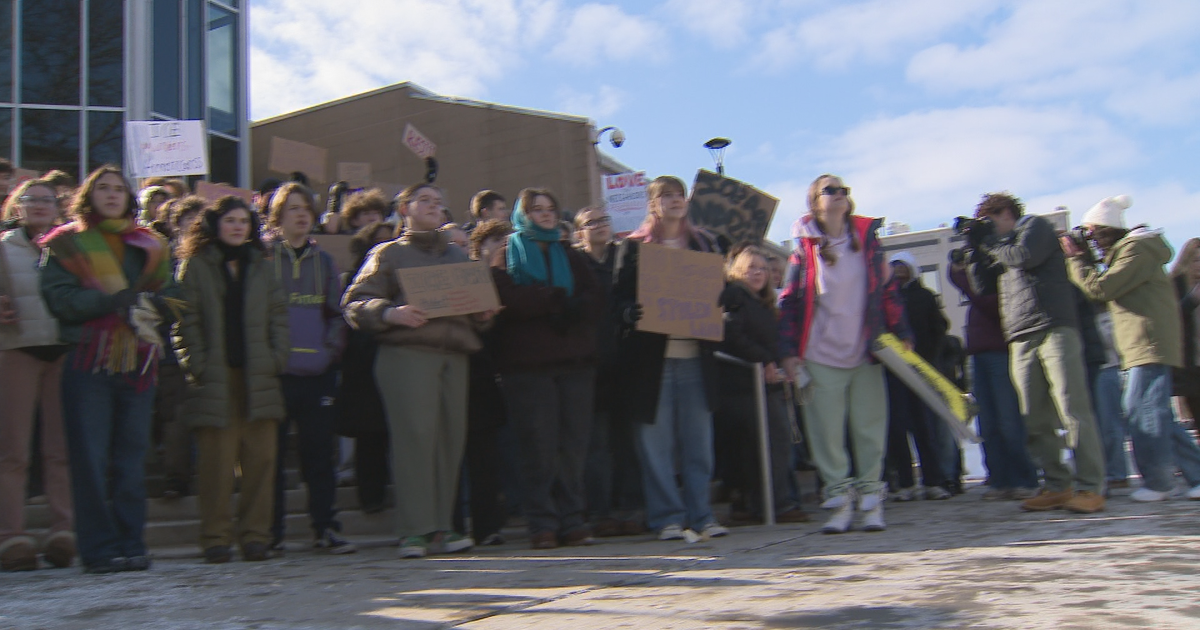What is a "bear market" and how long might it take to recover?
MINNEAPOLIS -- On Monday, the S&P 500 tumbled to 3,750, putting it firmly into a bear market. It's not an official stock market term, but more of an arbitrary marker as investors worry about the future.
So, what is a bear market? Good Question.
"A bear market basically means a mad market," says Murray Frank, a professor of finance at the Carlson School of Management. "It means the market fell 20% or more from a recent high."
A bear market happens every three to four years, on average. There have been about a dozen since the end of World War II.
The last one was early 2020 -- at the start of coronavirus pandemic – and was relatively short-lived. It lasted only 33 days. A bear market that occurred during the 2008 financial crisis was a year and half. The bear market during the 2000 dot-com bubble burst went two and a half years.
Frank says the average bear market lasts about 9 months, but it takes much longer to recover what was lost.
"If the next years are average, you're probably looking at 3 to 4 years out to get back," he says. "But that's not a guarantee, that's a long-term average."
Bear markets aren't always followed by a recession, but it's happened about 75% of the time.
In the average bear market, stocks lost about 35 of their value.
"Right now, last I looked, it was 21%," says Frank. "If this were an average bear market, we still have a ways to go before we hit bottom."

